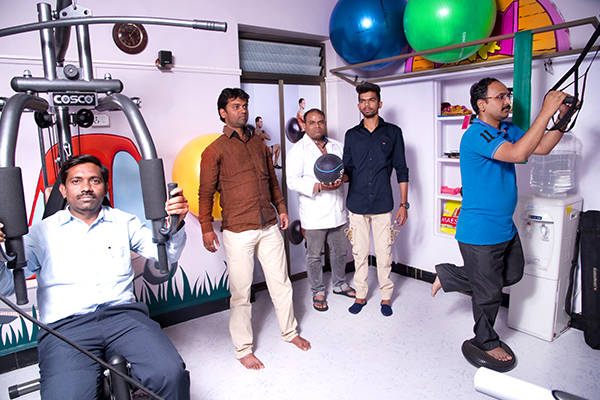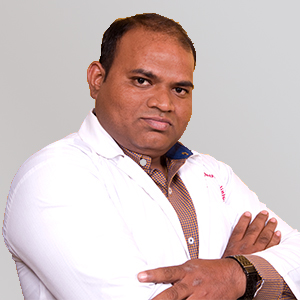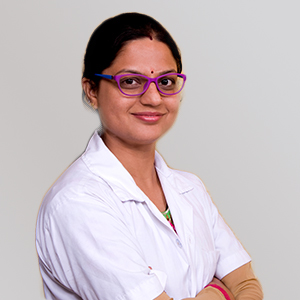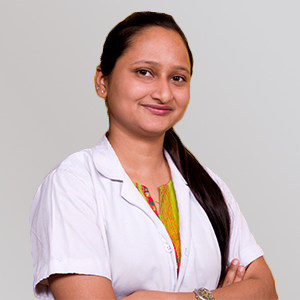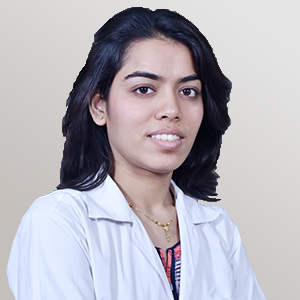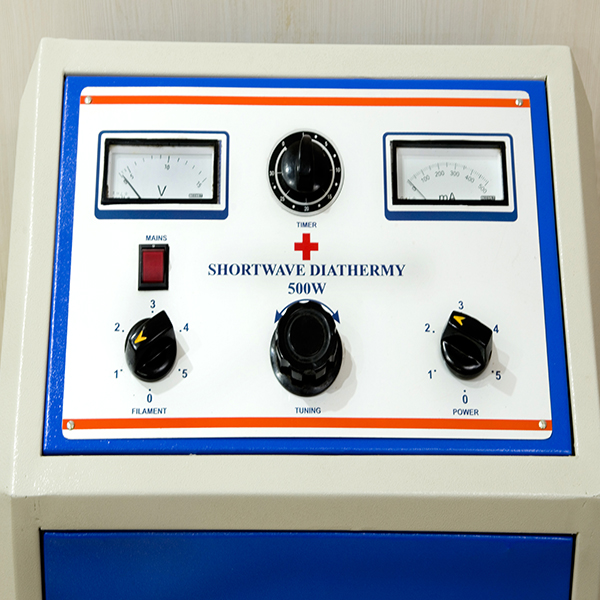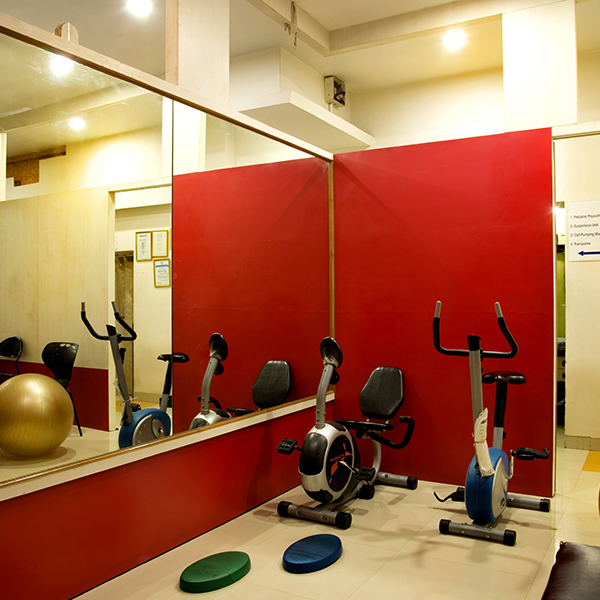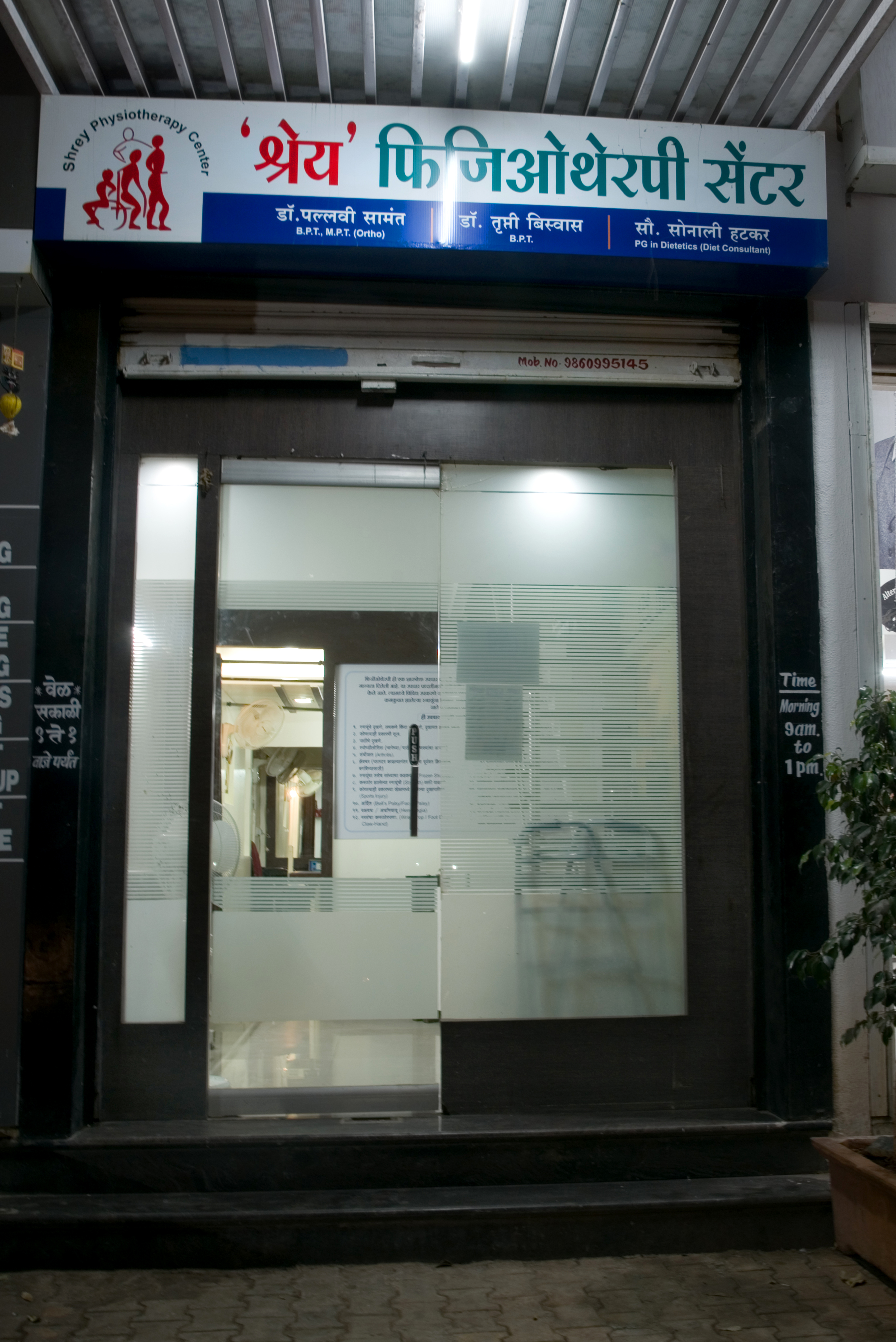
Shrey Physiotherapy Clinic
In the clinic we use a multi-disciplinary approach in the assessment and diagnosis of patients, resulting in the best treatment plan for each patient. The pain clinic is managed by a team of experts. This multi – nodal approach uses a combination of stimulation / relaxation therapy, intramuscular stimulation, psychological counselling, physical therapy.
We also have Mulligan certified therapists who use special techniques like Mulligan and Mckenzie to alleviate pain / remove pain. We specialise in taping and dry needling too.
Our aims and objectives in hospitals we associate with :
We are associated with various hospitals to facilitate them with various helpful techniques, In hospitals, we focus on the prevention of complications and improvement of the patient’s condition, including respiratory function and mobility. The physiotherapist performs an initial functional assessment for the purpose of recommending an appropriate framework for further treatment and promoting the continuum of care, including rehabilitation.
we contribute to the patient’s recovery and his/her return to mobility and function in active life.
Our Aims in Hospital
Prevention of Complications – Respiratory treatment, mobilisation and activity, with the objective of minimising complications resulting from the operation, anaesthesia or immobility. Additionally, the treatment contributes to the prevention of deterioration and/or
exacerbation of the pre-hospitalisation medical condition. Promotion of Function and Mobility – Activation, strengthening and mobilisation of the patient in order to enable resumption of maximal function and independence, using accessories if needed.
Promotion of Function and Mobility – Activation, strengthening and mobilisation of the patient in order to enable resumption of maximal function and independence, using accessories if needed.
Functional Assessment – Carrying out a functional assessment to recommend an appropriate framework for further treatment and promote the continuum of care, including rehabilitation.
Advice and Instructions – Instructions for independent exercises and activity, to shorten the duration of recovery and promote general health.
Read More
Understanding Physiotherapy
What is Physiotherapy ?
Physiotherapy is a primary and independent health care profession, specialising in movement and function. Its unique contribution to human health and well being lies in the provision of an opportunity to maximally utilise functional abilities in order to promote independent and active living in all spheres of life and social arenas.
The physiotherapist diagnoses, treats, rehabilitates, investigates, instructs and advises, in accordance with accepted standards internationally, and acts with the cooperation of the person who is in need of treatment, in accordance with his condition and needs. This is achieved making extensive use of the knowledge, professional skills and resources acquired during the course of his professional life. The physiotherapist is committed to integrity, maintaining human dignity and rights, and acts in accordance with a professional code of ethics.
Physiotherapy services are characterised by a broad range of treatment approaches and methods, reflecting a developing, science based profession.
Acute physiotherapy – Assessment and treatment in acute cases, adults and children with diseases such as: burns, trauma, following stroke, operations, acute respiratory conditions
General Physiotherapy – Assessment and treatment in chronic cases in adults and children, or in diseases such as: neurological diseases, degenerations, diseases of joints and muscles; posture groups for children and adults.
Pillars of Physiotherapy – Consultation, diagnosis and treatment
Physiotherapy deals in restoring the physical activities of individuals by maximising or strengthening their movements. The treatment may also include resolving injuries by exercising, or giving heat treatment to provide instant relief to patients. It involves a holistic care approach as the patient is directly looked after by the physiotherapist.
Physiotherapy assists in optimal movement and function of people during the lifecycle, promotion of health and active lifestyle. Its unique contribution to human health and well being lies in the provision of an opportunity to maximally utilise functional abilities in order to promote independent and active living in all spheres of life and social arenas. Physiotherapy services are characterised by a broad range of treatment approaches and methods, reflecting a developing, science-based profession.
Treatment and Rehabilitation
Rehabilitation is at the heart of physiotherapy profession. Rehabilitation is intended to restore a person’s functional ability and to bring him to maximal independence. Rehabilitative treatment is intended for persons suffering from various defects and limitations resulting from injury or illness, and should be commenced as soon as possible after the event occurs.
Associated with various multi-specialty hospitals
Our Team
Various Units
Our Ideology - Everything under one roof.
Live life Pain free and happy.
Our Physiotherapy Code – Assessment, Movement, Function, Quality of Life
According to the definition of the World Health Organisation (WHO), rehabilitation is medical and functional rehabilitation of persons with handicaps. This is a therapeutic process intended to enable the persons undergoing rehabilitation to attain and maintain their optimal levels of physical, sensory, emotional and social function, as part of the overall picture of the function of the family and of society. Rehabilitation equips handicapped persons with the tools required to achieve optimal personal functional independence and to make decisions in accordance with their abilities. This is a continuum of rehabilitation processes, starting from treatment of the acute event (if any) and ending with being able to optimally utilise the person’s remaining functional capabilities. This sums up our ideology.



